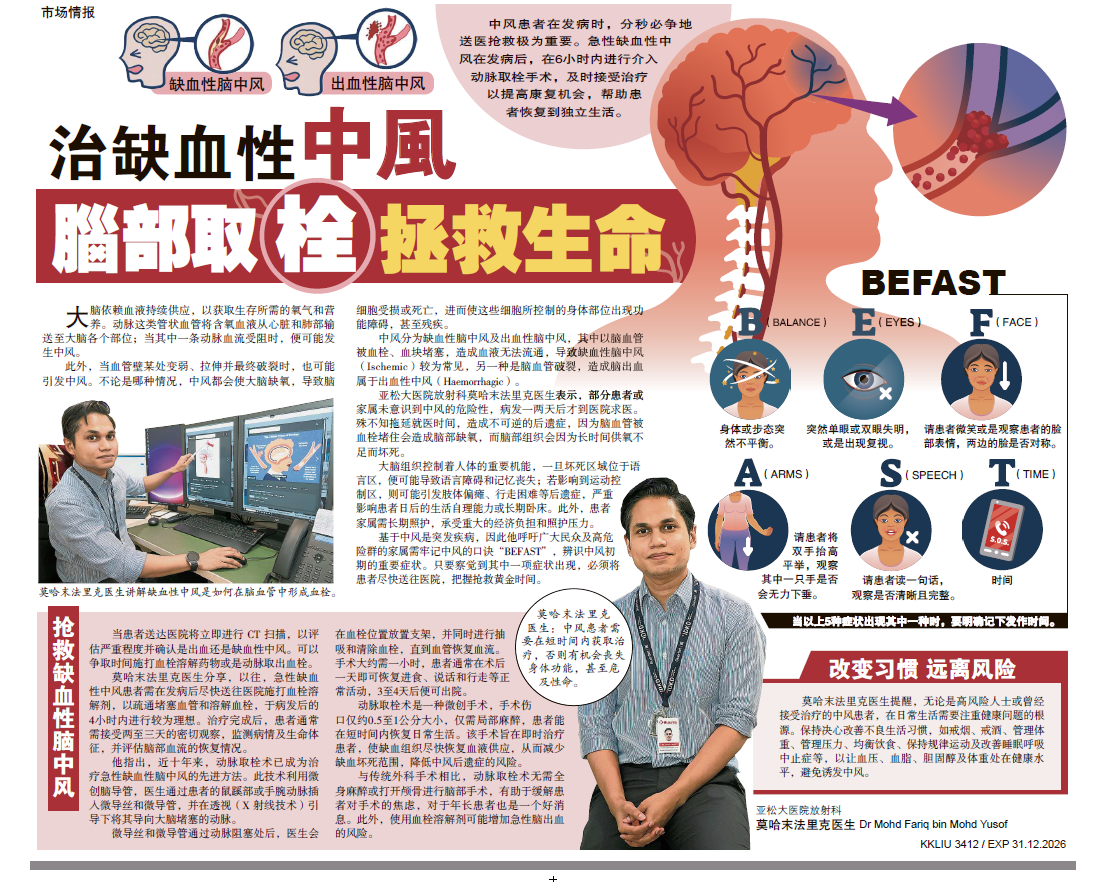Anxiety
Heart attacks are known to cause intense anxiety and induce an increasing fear of death. In various reports, heart attack survivors are said to often talk about experiencing a looming sense of impending doom before the attack.
Chest Discomfort
The very minute there is a slight discomfort in the chest the sufferer would immediately relate this phenomena to a serious heart condition.
“Although pain in the chest is a classic symptom of a heart attack, and is one of the main symptoms doctors look out for, it is not necessarily related to heart complications,” says Dr Lam
If you are experiencing heart-related chest pain, you will feel either a crushing sensation, pressure, squeezing or fullness situated under the breastbone, or perhaps a little to the left of centre. It is also possible for this pain to extend to the back, creep up into the jaw line or even snake down the left arm. Women in comparison to men have been noted to more commonly experience a burning sensation in their chest instead. “It is easy to dismiss this burning sensation as a pain stemming from stomach problems such as heartburn,” says Dr Lam
He says that any type of chest pain, no matter how insignificant should require the attention of a qualified medical expert.
Cough
Believe it or not but even persistent coughing or wheezing could be a symptom of heart failure that has resulted from accumulation of fluid in the lungs. There have been cases in which some people with heart failure cough up bloody phlegm.
Dizziness
People may experience dizziness due to various reasons that includes high blood pressure as the varying degrees of blood pressure can induce a state of ‘light-headedness’. This dangerous disease can actually cause damage to the brain when the pressure builds up within your blood vessels and also exerts strain on your heart leading to a heart attack.
Fatigue
This is another common symptom experienced by women. “Unusual fatigue can occur right before a heart attack or even in the days and weeks leading up to a one,” says Dr. Lam. Constantly feeling fatigued could also be a symotom of heart failure. But then again, you could probably feel tired our fatigued for separate reasons as well. One way of telling for sure if fatigue is a red flag to an impending heart attack is when you feel ill and feel like the wind is knocked out of your sails. At this point, it is imperative to immediately consult your doctor and not try to self treat,” Dr Lam says.
Nausea or Lack of Appetite
Many have complained of nausea and the need to throw up while having a heart attack. “This is due to the blockages of fatty deposits in an artery that can in fact reduce or cut off the blood supply to the heart, causing what feels like tightness, squeezing, or pain in the abdomen sometimes. This could also be a sign of possible heart failure in the future.
Rapid or Irregular Pulse
When your heart races or skips a beat after hiking up a steep hill or after you have just completed 100 laps of swimming in an Olympic sized pool, there is usually nothing to worry about. But a constant rapid or irregular pulse, especially when accompanied by weakness, dizziness or shortness of breath – can be evidence of a heart attack, heart failure, or an arrhythmia. If left untreated, some arrhythmias can lead to stroke, heart failure, or sudden death.
Shortness of Breath
People who feel out of wind while resting or with minimal exertion might have a pulmonary condition like asthma or chronic obstructive pulmonary disease (COPD). Breathlessness could also indicate a heart attack or heart failure.
“Sometimes people having a heart attack don’t have chest pressure or pain but feel extremely short of breath,” Dr Lam says. “It’s like they’ve just exercise excessively when they haven’t even moved.” During a heart attack, shortness of breath often accompanies chest discomfort, but it can also occur before or without this discomfort.
Sweating
The common symptom of a heart attack is breaking out in a cold sweat. “You might just be sitting in a chair when all of sudden you are dripping in sweating almost as it you had just had a full blown total gym work-out,” Dr Lam says.
Swelling
Symptoms leading to heart failure can cause fluid to accumulate in the body. This usually leads to swelling (often in the feet, ankles, legs, or abdomen) as well as cause sudden weight gain that is sometimes accompanied with loss of appetite.
Weakness
In the days leading up to a heart attack, as well as during one, some people experience severe, unexplained weakness. “A patient once told me she did not even have the strength to hold a piece of paper between her fingers,” Dr Lam explained.
Take note of these symptoms. Consult a doctor as soon as you experience any of these symptoms. As mentioned earlier, the more risks you develop, the higher the likelihood there actually is prevailing heart complication. Get yourself evaluated by a qualified medical expert and be safe, not sorry!











